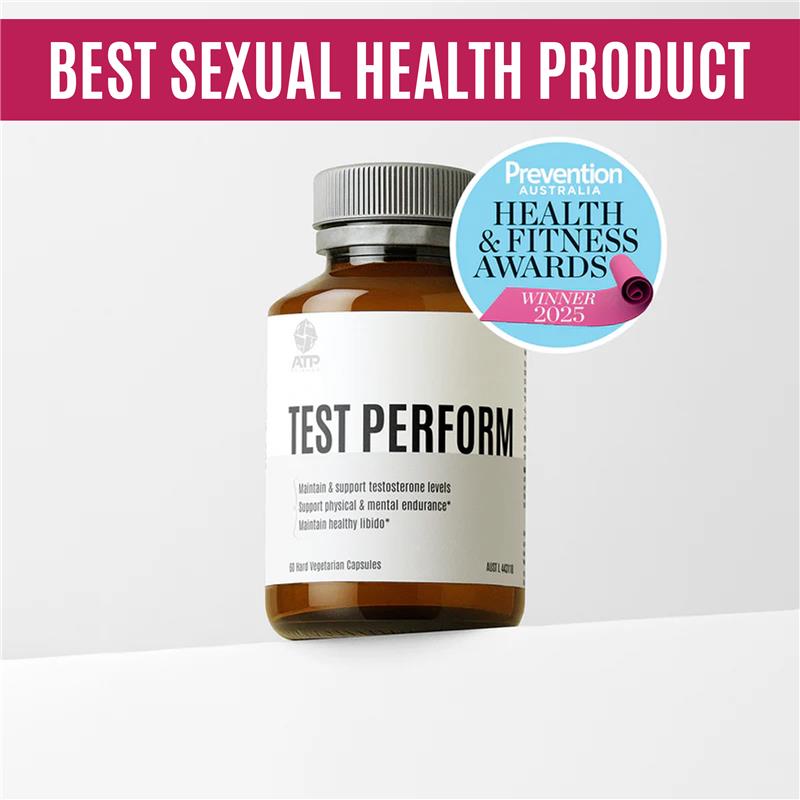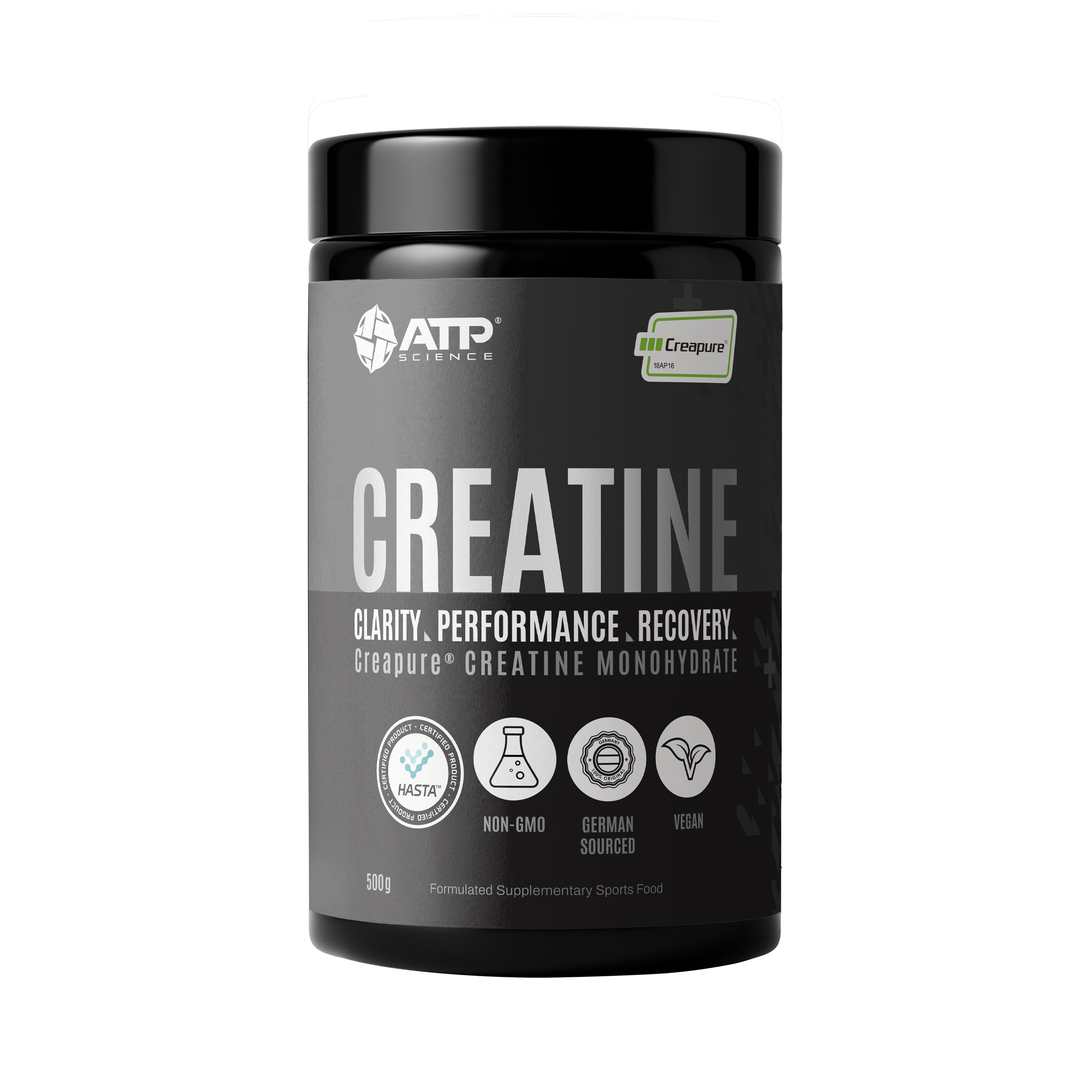Schisandra chinensis is the herb that all Naturopaths and Herbalists fall in love with. In fact, my senior lecturer at university loved Schisandra so much she named her dog after it! I would like to share with you my knowledge and love for Schisandra so you can see just how cool it really is. I have no doubt you will build a strong love for it and perhaps name your future pet after it!
THE HISTORY OF SCHISANDRA
Schisandra chinensis holds a well-respected place in history alongside herbs such as Ginseng, Licorice and Reishi which were all used by Taoist masters and Chinese emperors. Schisandra is sometimes called “the five-flavoured berry” due to the unique and complexed taste of it’s berries which properties are: bitter, sweet, sour, salty and hot.
It wasn’t until the 1960’s after the Western world started to discover the potential of Schisandra. Russia first recognised Schisandra as an “adaptogen agent” when it was published in the official medicine of the USSR handbook after they found it to help fight adrenal fatigue, heart problems and the negative effects of stress.
What is an adaptogen?
An adaptogen / adaptogenic agent will help to normalise physiology regardless of direction of change. This basically means they assist an organism’s ability to adapt to various forms of stress (e.g heat, cold, emotional, physical and mental stressors, pain, blood sugar up or down, anxiety or apathy).
Adaptogens prevent extreme responses and keep you somewhere in the middle i.e. equilibrium or homeostasis.
Important to note this as so many people will combine adaptogens with stimulants and nootropics and claim spikes and peaks in energy or they may market adaptogens as something to help achieve extreme changes to certain physiological pathways.
But the whole point behind adaptogens is to prevent extreme ups and downs, no more peaks and troughs. Adaptogens are about balance and resilience.
Russia’s pharmalogical studies on animals showed Schisandra increases physical working capacity and provides a stress-protective effects against external stresses such as heat shock, skin burn, cooling, frostbite, immobilisation, swimming under atmospheric pressure, aseptic inflammation, irradiation and heavy metal intoxication. Furthermore, the Russians paid particular attention to the phytoadaptive compounds and how it effects the central nervous system, endocrine, immune, respiratory, cardiovascular and gastrointestinal systems. Adaptogenic herbs have traditionally been used for their general strengthening and stress-modulating effects.
THE POWER IS IN IT’S BERRIES
Schisandra’s medicinal properties come from its vibrant red berries which are similar to red blood cells (doctrine of signatures). These berries contain powerful constituent that have multiple healing properties that are well known to improve liver functioning and adrenal fatigue. But it’s benefits go further, traditional and modern use for Schisandra include:
• Anti-inflammatory
• increasing energy
• improving Vision
• boosting muscular activity
• improving cellular health and preventing premature aging
• liver disease (hepatitis, cirrhosis)
• protection against radiation
• diabetes and regulation of blood glucose levels
• motion sickness
• modulating blood pressure
• preventing infection
• improve digestion
• decreasing night sweats and spontaneous sweating
• improve physical exhaustion
• decrease excessive urination
• improve mental health (depression, brain fog, concentration)
SCHISANDRA CAN IMRPOVE PEFORMANCE
Physical Performance
Schisandra can increase the contractibility of the heart and enhance the exchange of oxygen in the tissue cells. This ultimately means your muscles will enhance utilization of oxygen and improve the gaseous exchange in the lungs and in peripheral cells to reduce the production of acidic metabolic waste while simultaneously increasing removal of acidic waste in the cells, blood and lungs. The prevention and buffering of respiratory acidosis is a unique proerty of schisandra. Preventing a build of acid in the lungs can prevent “gassing out”, sport induced asthma, anxiety and panic, shallow breathing or panting and thereby enhances endurance.
This can help explain the results of the Schisandra-treated horses were able to complete an 800m race in a significantly shorter time than horses treated with saline. This study showed horses that were given Schisandra before the race improved 6 lengths in an 800m race.
Mental performance
Schisandra enhances memory, focus and concentration through its cholinergic functions and as an acetylcholine esterase inhibitor. This means that your body will increase its levels of the neurotransmitter acetylcholine which is important for parasympathetic (rest and digest) nervous system, memory, learning, attention span and REM-sleep.
Sexual Performance
One of the most famous side effects of Schisandra is its positive effects on the sexual glands and organs in both man and women. Schisandra is known to increase water Qi in the kidney and to support water of the genital organs- referring to the sexual fluids. For men, the sexual fluids promote the production of semen. For the ladies, Schisandra is said to increase circulation and sensitivity in the female genitals. This feeling will increase orgasms and satisfaction. This makes Schisandra a very powerful aphrodisiac that an compliment intimate relationships.
Furthermore schisandra has been shown to enhance vasodilation and the action of other vasodilators which improves sexual performance and enjoyment in both men and women.
Moods
Adaptogens also work as a natural mood stabilisers to prevent extremes of emotions regardless of direction of change. If you are up it can calm you down. If you are down it can pick you up.
Anti-Stress
We are bombarded by stressors on a daily basis: External (e.g: toxins, work, relationships, weather, electromagnetic radiation) and internal (e.g: food intolerances, viruses, hormonal imbalances, pain, acid:base balance).
We can’t stop the stressors. We can only try to control our response. Schisandra protects the body from stressors by modulating the severity of the stress signals from such things as inflammation, toxic exposure, immune activation, gut dysfuncton, acidity, blood sugar changes etc. (refer to list of functions and see how much burden it can remove from your survival nervous system). E.g. by being anti-inflammatory you will get less inflammatory stress triggers.
Then Schisandra helps to reduce the excessive cortisol release and subsequent hormonal and nervous system imbalances that occur in response to the stress triggers.
LIVER
Schisandra has a protective effect on the liver. It helps to control phase 1 pathways that can be knocked out of balance by exposure to stress, toxins, infections and allergies and support phase 2 conjugation and elimination pathways.
As a powerful NRF2 activator (read up on NRF2 gene activation. We have numerous articles and podcasts on NRF2 specifically) Schisandra can increase our resilience and upregulate our survival antioxidant and anti-inflammatory pathways to protect us from so many things including the weird stuff like electromagnetic radiation, pollutants and plastics.
DIGESTION
Schisandra aids in releasing gastric acid and digestive enzymes to break down foods increases nutrient assimilation. It also improves peristalsis which is the digestive muscles moving your stool through decreasing bowel transit times and improving regularity.
HOW TO TAKE SCHISANDRA?
You can consume Schisandra in the following ways:
- Schisandra berries can be dried and left whole. These are generally used for teas and tinctures. To make a Schisandra berry tea, brew 3gm of dried berries in hot water for 40 minutes drinking. You can also add other herbs like ginger, cinnamon, licorice root and turmeric for a powerful concoction. Matt’s favourite blend is Schisandra, rosehip, rosella and rose petals.
- Powdered extracts are made using various different extraction methods and can be standardized to different compounds and made at varying levels of efficacy and active constituents and as you can imagine the price can also vary depending on quality and level of testing.
- Fresh Berries can be pressed to make a juice and Schisandra berry wine.
References
American Botanical Council 2017, Adaptogen Conference in Stockholm Highlights Recent Research’, <http://cms.herbalgram.org/heg/volume7/01January/Adaptogen_ConfReport.html>.
Confucius institute online 2013, the theory of jig, shen and qi,
Chi, A et al. 2016, Metabolic mechanism of a polysaccharide from Schisandra chinensis to relieve chronic fatigue syndrome, International Journal of Biological Macromolecules, vol.93, pp.322-332
American Botanical Council, 2000, Herbal Clip: Schisandra, http://cms.herbalgram.org/herbclip/pdfs/011007-185.pdf
Li, B 2015, Effects of Triterpenoid from Schisandra chinensis on oxidative stress in alcohol induced liver injury in rats, Cell Biochemical and biophysics, vol.71, pp.803-811.
Panossian, A, Wikman, G 2008, Pharmacology of Schisandra chinensis Bail: an overview of Russian research and uses in medicine, vol. 118, pp.183-212
Shumada, F 1989, Studies on the effect Schizandra chinensis extract on horses submitted to exercise and maximum effort, Pytotherapy Research, vol.3, pp.175-179.


















